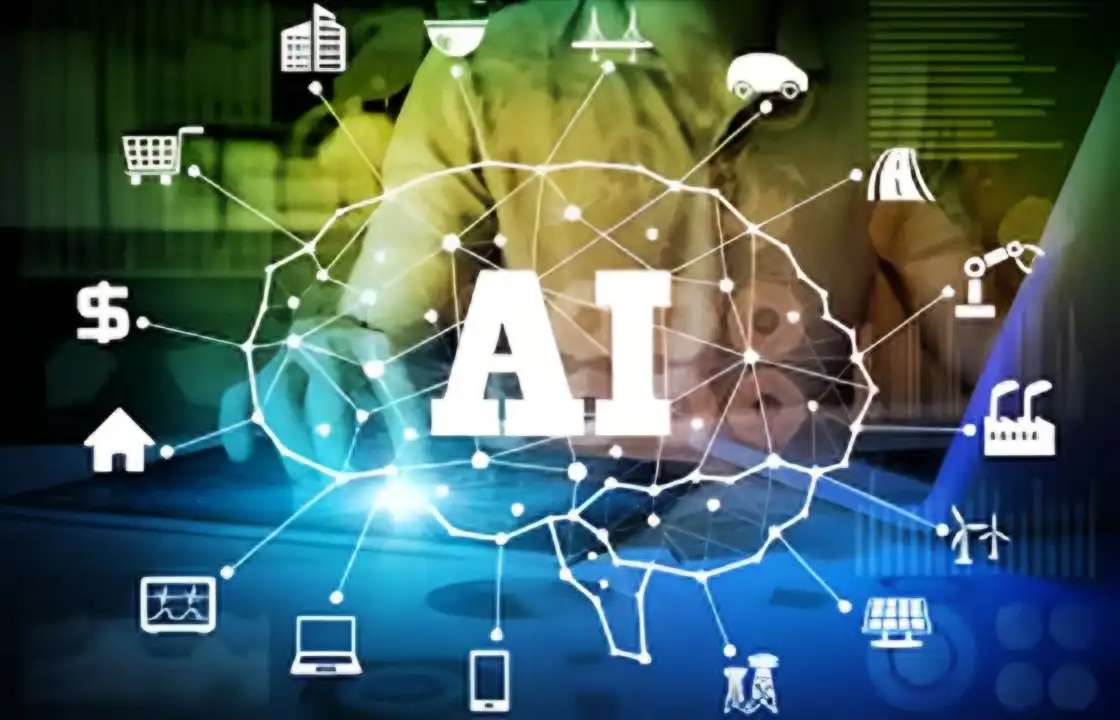Is Ireland Ready for the AI Boom?
Artificial Intelligence (AI) is transforming the world at an unprecedented pace, touching everything from healthcare and education to finance, agriculture, and entertainment. As countries race to establish themselves as leaders in this rapidly evolving field, a pressing question arises: Is Ireland ready for the AI boom?
Video Credits To: https://www.youtube.com/@researchireland
Ireland’s Digital Strengths
Ireland has long positioned itself as a global technology hub. With major multinational companies such as Google, Facebook (Meta), Amazon, Microsoft, and Apple operating European headquarters in Dublin and beyond, the country already enjoys a reputation for technological prowess. These corporations bring investment, talent, and innovation — key ingredients for fostering an AI-friendly environment.
Moreover, Ireland boasts one of the youngest populations in Europe and a high level of tertiary education attainment, both of which support a tech-literate and adaptable workforce. The country has consistently ranked well in the European Union’s Digital Economy and Society Index (DESI), demonstrating particular strength in digital infrastructure and connectivity, which are essential backbones for AI development.
Government Strategy and Investment
Recognising the transformative potential of AI, the Irish government launched “AI – Here for Good: A National Artificial Intelligence Strategy for Ireland” in July 2021. This strategic document outlines the country’s ambitions to become a global leader in leveraging AI to benefit society and the economy. It emphasises ethical development, inclusive innovation, and public trust.
The strategy supports investment in education and research, as well as industry adoption of AI, and promotes international collaboration. The establishment of CeADAR (Centre for Applied AI) as Ireland’s national AI centre also underlines the country’s commitment. CeADAR acts as a bridge between academic research and industry, helping SMEs and larger businesses adopt AI solutions through applied projects and consultancy.
However, critics argue that funding levels and execution pace must increase if Ireland wishes to compete with AI powerhouses such as the United States, China, or even Germany and France.
Research and Academia
Ireland’s universities and institutes of technology are active players in AI research. Institutions such as Trinity College Dublin, University College Dublin, and the University of Limerick have robust computer science and data analytics departments. Interdisciplinary programmes linking AI with medicine, law, and ethics are also emerging, providing a holistic approach to the technology’s development.
That said, while academic output is strong relative to Ireland’s size, it still lags behind leading nations. Increased investment in research funding, academic-industry partnerships, and talent retention is crucial to ensure that Ireland does not lose its brightest minds to more well-funded environments abroad.
Talent Pipeline and Skills Development
One of the most significant challenges facing Ireland in the AI boom is the development and retention of talent. While the country has a robust technology sector, the demand for AI specialists — including data scientists, machine learning engineers, and AI ethicists — far outstrips supply.
To address this, Irish universities have started introducing specialised AI degrees and short courses, and initiatives such as Springboard+ offer opportunities for reskilling in AI-related fields. However, building a comprehensive talent pipeline takes time, and Ireland faces fierce global competition for AI experts.
Another consideration is the AI literacy of the general workforce. As automation and intelligent systems reshape industries, many existing roles will undergo significant changes. Ensuring that workers are equipped to adapt — whether through upskilling or transitioning into new roles — is crucial to preventing social disruption.
Ethics, Governance, and Public Trust
Ireland’s AI strategy places strong emphasis on ethical AI. As a member of the European Union, Ireland aligns with the EU’s AI Act, which categorises AI systems by risk and establishes corresponding regulatory boundaries. This focus on trustworthy AI, rooted in human rights and democratic values, may become a competitive advantage for Ireland, especially as consumers and businesses increasingly value responsible innovation.
However, public understanding of AI remains limited. Surveys indicate that many people in Ireland are uncertain about what AI is, how it works, and its implications for their lives. Without greater public engagement, the ethical intentions of policymakers may not be effectively translated into widespread public trust. Education campaigns, open consultations, and community-driven discussions can play a critical role here.
Industry Adoption
For Ireland to thrive in the AI boom, it’s not enough for tech multinationals alone to implement AI — local businesses, particularly small and medium-sized enterprises (SMEs), must also harness its potential.
Irish SMEs often face challenges such as limited budgets, a lack of in-house expertise, and uncertainty about return on investment. Initiatives like Enterprise Ireland’s Innovation Vouchers and the Disruptive Technologies Innovation Fund aim to bridge this gap by supporting digital transformation, but more focused support for AI adoption may be needed.
Moreover, AI implementation isn’t one-size-fits-all. For instance, the agriculture sector — vital to Ireland’s economy — can benefit from AI in areas such as crop forecasting, animal health monitoring, and smart logistics. Likewise, the public sector could deploy AI to improve service delivery, from health diagnostics to traffic management. Targeted strategies by sector could enhance uptake.
Risks and Challenges
Despite its advantages, Ireland faces several risks in the AI space. Over-reliance on foreign multinationals means that much of the AI-related innovation and data infrastructure lies outside Irish ownership and control. This limits the country’s strategic autonomy.
Data privacy and cybersecurity are also significant concerns. As AI systems rely on large datasets, ensuring that data is collected, stored, and used responsibly — especially in sensitive areas such as healthcare — is crucial to maintaining public trust and ensuring legal compliance.
Another challenge is the potential for inequality. If access to AI technologies and opportunities is not democratised, there is a real risk that existing social and economic divides could deepen. Ireland’s strategy will need to remain vigilant about these risks and implement strong safeguards and inclusivity measures.
The Road Ahead
So, is Ireland ready for the AI boom?
Partially. The foundations are strong — a thriving tech ecosystem, robust digital infrastructure, a young and educated population, and a government strategy that emphasises ethical innovation. However, readiness is not static; it is a moving target in an area as dynamic as AI.
To fully realise the potential of AI, Ireland must address its talent shortages, boost research and innovation funding, encourage broader industry adoption (especially among SMEs), and actively engage the public on the benefits and challenges of AI. By taking a proactive, inclusive, and forward-looking approach, Ireland can not only participate in the AI boom but help shape it in line with its values.
Ireland stands at a crossroads in the age of artificial intelligence. The choices made now — in education, investment, regulation, and public discourse — will determine whether the country merely rides the wave of global innovation or takes the lead to steer its own AI-powered future.
With thoughtful planning, agile policymaking, and a commitment to people-first innovation, Ireland has the opportunity not only to be ready for the AI boom but also to lead it.













